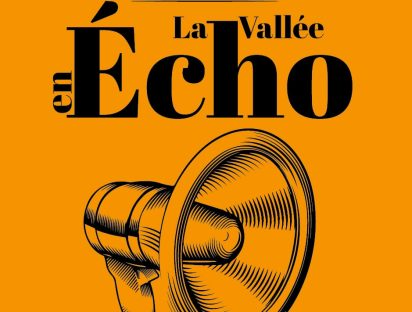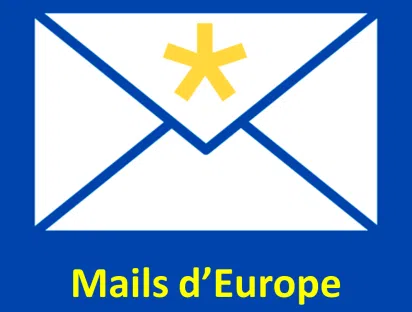Antecedents, Justification and Consequences
Conference via Livestorm
Wednesday, 17th February at 5.30 PM.
With the participation of 11 researchers, this seminar provided a framework to freely discuss the weaknesses of today’s research environment and the direction we would like to see it evolving to in the future. The question of how to measure research and if it should be measured at all was introduced by Thomas Hoerber to open the discussion.
 Alejandro Agafonow (ESSCA) explained the background of the decision by the CNRS to abandon the ranking of journals. The question of what the right incentives to research are, led to an analysis of the malfunctioning of several aspects of the current research environment, which have motivated the decision of the CNRS. The current practice of incentivising the production of CNRS stars or FNEGE stars, or any other raking for that matter, is paradoxically at odds with what management science advises is a good practice in the management of research.
Alejandro Agafonow (ESSCA) explained the background of the decision by the CNRS to abandon the ranking of journals. The question of what the right incentives to research are, led to an analysis of the malfunctioning of several aspects of the current research environment, which have motivated the decision of the CNRS. The current practice of incentivising the production of CNRS stars or FNEGE stars, or any other raking for that matter, is paradoxically at odds with what management science advises is a good practice in the management of research.
Kathleen Randerson (Audencia) led us through a number of questions that described the current business school research environment by using the opinion of attending colleagues. Neo-liberal logic has spilled over into the domain of research and has led to control of research rath than the production of new knowledge. Standardization, alienation, and a lack of new approaches seem to be the consequence.
In order to analyse this phenomenon she is currently editing a special issue in the journal Futures: The futures of Business Schools: Identity, strategies, and imagined futures in a pandemic / post-pandemic world (open call)
In the conclusion, the question of what will happen without a quantitative evaluation of research output was posed. Alternatives were mentioned, e.g. simply peer-reviewed journals, publishing houses, and other contributions, such as case studies or book reviews. While the current system dominated by journal rankings has degenerated into corrupt practices like lobbing journal editors, sharing the credits of papers published on a quid-pro-quo basis, and more serious forms of scientific misconduct, the alternative does not escape criticism, including the danger of patronage and academic inbreeding.
The purpose of this research seminar was to contribute to the discussion of what research environment we want to live in and what can and should be done now that the CNRS list is no longer there. This discussion is necessary, and the participating colleagues saw also an opportunity to build a better system now that the re-definition of the research framework is on the table.





